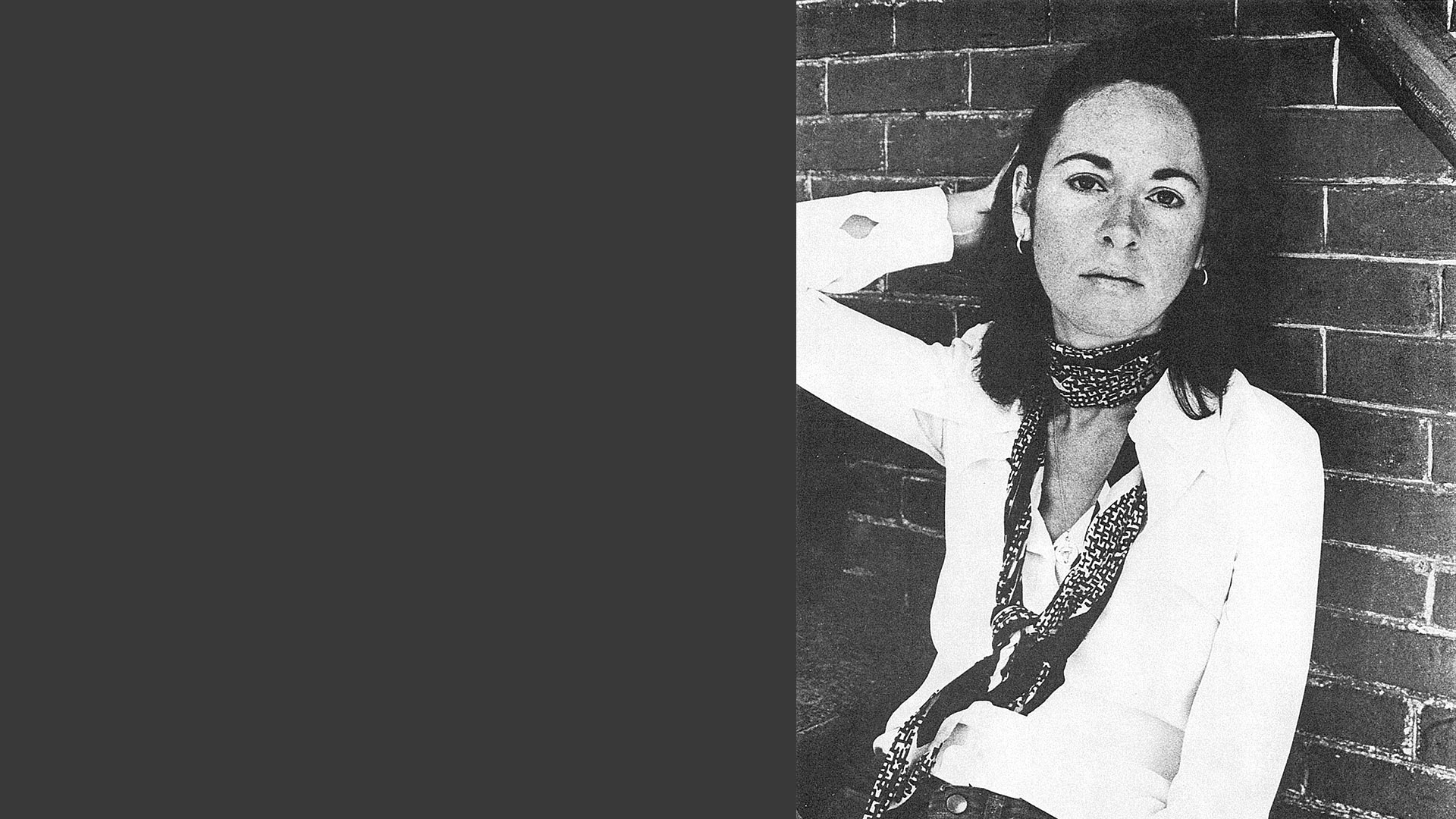
Hannah Sullivan
Alexandra Howe on Hannah Sullivan's Three Poems | Issue 16 | 2019


There was a time
only certainty gave me
any joy. Imagine –
certainty, a dead thing.
'Ripe Peach’ (from The Seven Ages) 2001
Ordinary words make extraordinary poetry. This is, I think, particularly true of the work of the American poet Louise Glück, winner of the 2020 Nobel Prize in Literature. Her themes are the litanies of intimate, first-person life: death, loss, suffering, failed relationships, loneliness, healing. Perhaps for this reason, Glück has often been grouped with confessional poets like Sylvia Plath and Robert Lowell, poets in particular that emerged in the United States during the late 1950s and early 1960s, who took as their subject matter private, individual experiences, often intensely psychological, and who favoured direct, colloquial speech rhythms. It is sometimes described as the poetry of ‘I’.
There is a richer tradition that Glück draws on, though: the poetry of intimacy or collusion, to which the reader—or listener—makes a crucial contribution, as recipient of a confidence, perhaps, or as co-conspirator. This is the legacy of Emily Dickinson (‘I'm nobody! Who are you? / Are you nobody, too? / Then there's a pair of us — don’t tell!’) and T.S. Eliot (‘Let us go then, you and I, / When the evening is spread out against the sky / Like a patient etherised upon a table’). Compare these lines with Shakespeare, for example: ‘Shall I compare thee to a summer’s day’. Clearly thee here is not you, the reader. You are a privileged spectator, a guest at the feast, but your presence is not required by the poem.
It is a very different experience to feel that a poet is speaking to you, and only—or especially—to you. ‘I call to you across a monstrous river or chasm / to caution you, to prepare you’, Glück writes in The Sensual World. ‘I caution you as I was never cautioned.’ Reading Glück is more than an act of complicity, though; her poems exist within the illusion that, without the agency of the reader, there could be no poem at all. Reading, after all, means the act of processing language in its written form, and also the creation of meaning through interpretation and understanding. Glück demands both: she promotes her reader from passive consumer to active, collaborative participant.
This notion of reading as a creative activity, rather than a purely reactive complement to writing, owes something to the French literary theorist Roland Barthes. It puts each reader in a uniquely powerful position in relation to the text. I think it also lends it a certain precariousness though, because what is more precarious than intimate, private speech?
Alexandra Howe is the arts editor of RE:. In 2020, she is on maternity leave in London.
© Norton Rose Fulbright LLP 2025